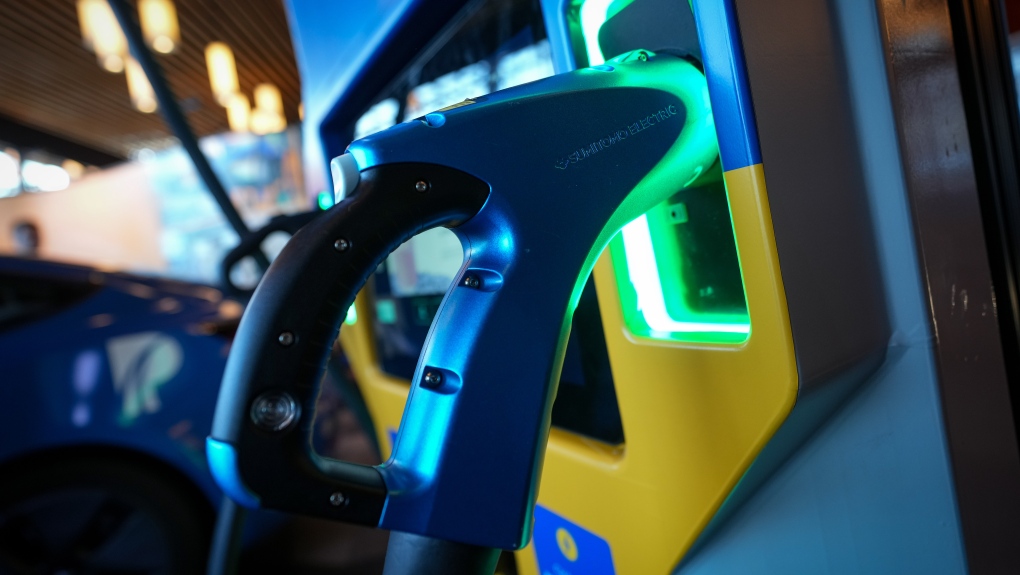Unless policies or technologies change, the ownership cost of electric vehicles (EVs) needs to decrease by 31 per cent if Canada to wants to reach its sales target of 60 per cent EVs by 2030, according to a new report released Thursday by Parliamentary Budget Officer Yves Giroux.
Last December, the federal government unveiled its Electric Vehicle Availability Standard that outlined zero-emission vehicle sales targets for automakers. The standard requires all new light-duty sales in Canada to be electric or plug-in hybrid by 2035. There are also interim targets of at least 20 per cent of all sales being EVs by 2026 and 60 per cent by 2030.
Those federal government targets come as growth forecasts for auto companies have plateaued and concerns about charging infrastructure persist. The price of EVs has also pushed the cars out of reach for many consumers. According to the Canadian Black Book, the average cost of an EV was $73,000 in 2023.



The other two posters are 100% right, but I’ll also chime in and say that fast charging all the time is bad for long-term battery health, too.
Not to mention it’s WAY more convenient to just plug your car in when you get home. I remember living in an apartment with no chargers and having to wait for one of the two fast chargers nearby… I’d end up either having to carve out 30 minutes late at night to run out and sneak a charge in, or take a peek out my window every 15 mins to see if one had freed up.
Using fast chargers as Plan A is not a good plan or reasonable expectation.